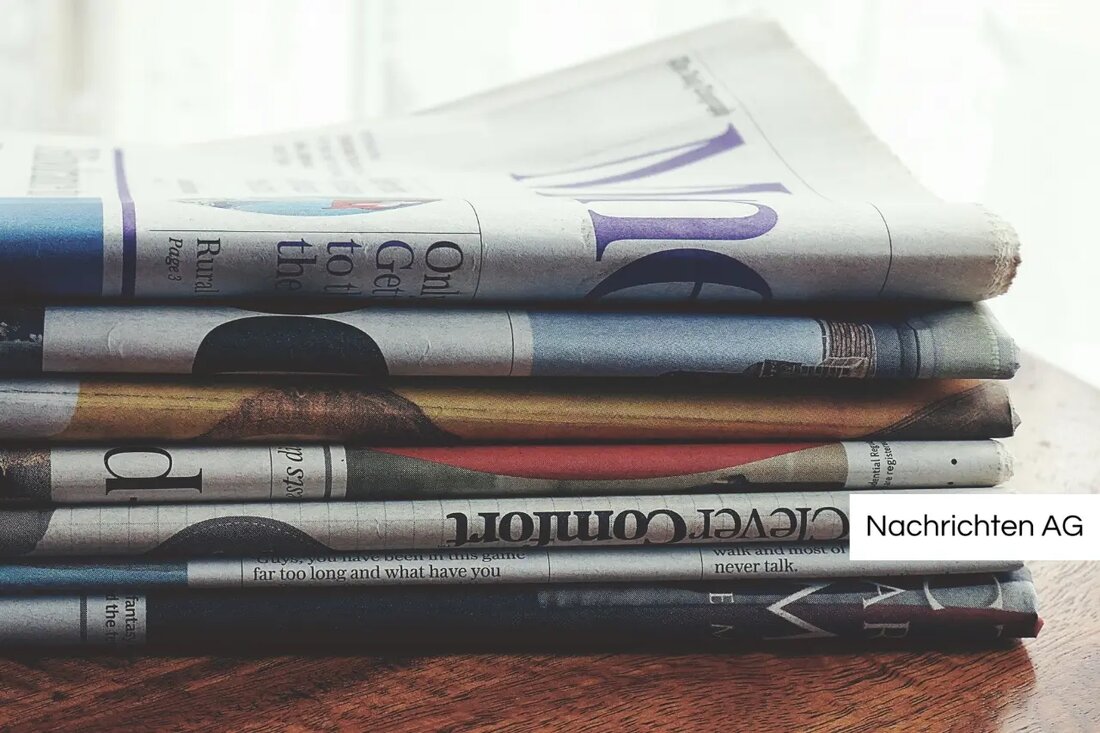New ways in early education: educators start!
New ways in early education: educators start!
In Bad Kreuznach, several teachers have successfully completed further training as a specialist in early education. This qualifying measure, which focuses specifically on the needs of children under the age of three in daycare centers and cribs, was celebrated in the district council hall of the Bad Kreuznach district administration. It was a cooperation between the social pedagogical training center Mainz and the city and district youth welfare office. The participants presented a wide range of ideas and approaches to implement the knowledge from further training directly in their facilities.
As part of the projects, several main topics were addressed. This includes promoting language development, creative games and models for the active integration of children into the learning process. The degrees certify not only knowledge of early childhood education, but also in language promotion, which is of great importance today.
focus on language development
During further training, excellent organization and support was offered. Questions from the participants were answered quickly and the correction of the submitted tasks was also quick. Her effort paid off: the graduate closed the course with the grade "very good", only shortly before the birth of her daughter. This qualification is seen as a significant improvement in your opportunities in the field of language support.
multilingualism in focus
In Germany, multilingualism is increasingly recognized as a social reality. It is already seen as an extraordinary ability that is particularly important in early childhood. An expertise by Argyro Panagiotopoulou examines the language use of young children who grow up in multilingual families and day care centers. The author illuminates the dynamic conditions of the language acquisition and discusses both mono and translingual practices.
A central point of their consideration is the stigmatizing handling of migration -related multilingualism. The need is emphasized to critically question language -ideological backgrounds and to look at language education implications. In addition, perspectives are opened for a reorientation of early education practice, which are shaped by the transplicuaging approach. A plea for inclusive language education is formulated, which all children recognize, regardless of their linguistic background.
The support of the language (he) advertising for all children is therefore a central challenge in modern early childhood education. An interview with Argyro Panagiotopoulou for multilingualism in the daycare center is available on the YouTube channel from WIFF and offers further insights into this important topic.
For the educators in Bad Kreuznach, further training is a significant step in their professional development. They help to improve linguistic support and to meet the individual needs of children. This is particularly important in view of the challenges due to multilingualism and the requirements that are placed on modern educational institutions.
antenne KH and sgd and DetailsQuellen


Kommentare (0)